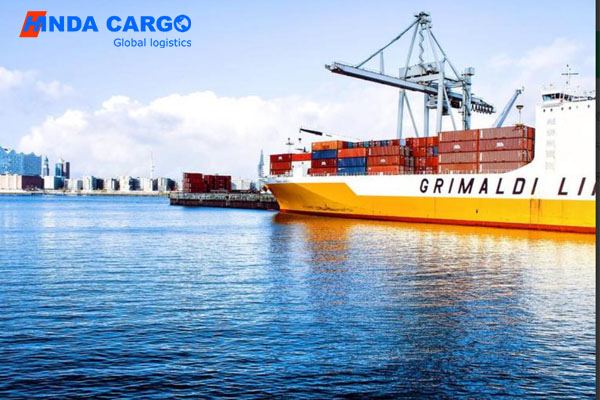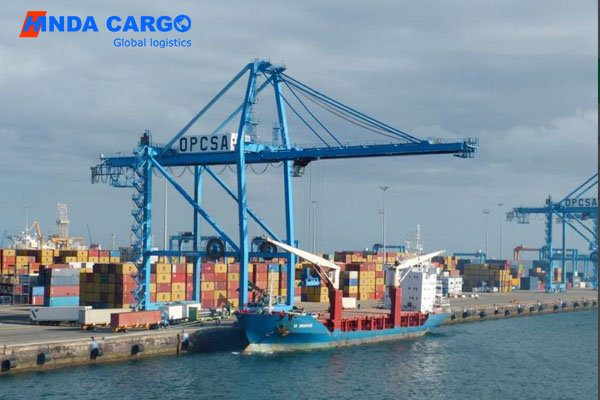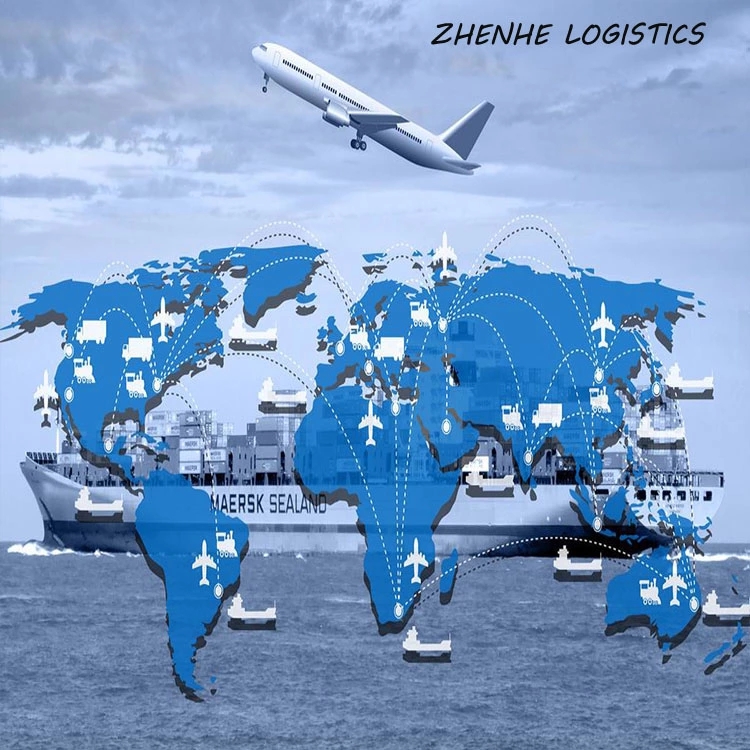Are freight service companies impacted by the trade war?
The outbreak of the international trade war has had a profound impact on freight service companies, especially in the field of sea and air transport. This article will analyze the impact of the trade war on freight service companies from multiple perspectives and explore ways to deal with it.

Impact and adjustment of sea transport
1. Trade war leads to freight fluctuations: The outbreak of a trade war usually leads to an unstable trade environment, and sea freight is subject to significant fluctuations. Factors such as tariff changes and trade policy uncertainty will directly affect the supply and demand relationship in the shipping market, and thus affect the level of sea freight.
2. Shipping companies face market uncertainty: The trade war makes shipping companies face uncertainty in market demand, because tariff changes and adjustments to trade policies may lead to changes in the flow of goods. This requires shipping companies to flexibly adjust routes and services to adapt to changing market demands.
3. Shippers suffer from rising cost pressure: Trade wars often lead to rising sea freight rates. For shippers, the increase in transportation costs may put considerable pressure on their business. Some companies may need to re-evaluate transportation costs and optimize the supply chain to reduce the adverse effects of the trade war on their business.
Challenges and responses of air transport
1. Impact of demand fluctuations on air transport: Economic uncertainty and demand fluctuations caused by trade wars may have a direct impact on air transport. In certain periods, due to trade policy adjustments, the urgent demand for certain goods may increase, driving the demand in the air transport market.
2. Rising air transport costs: Trade wars may lead to rising air transport costs, especially due to factors such as route adjustments and cargo scarcity. This is a challenge for both air transport companies and shippers, and needs to be addressed through reasonable cost control and supply chain optimization.
3. Impact of cargo classification on air transport demand: Trade wars are often accompanied by trade restrictions on some specific industries and products. Some industries may be more affected, and air transport may become a more important mode of transportation for them because the supply chain needs to be adjusted quickly to cope with changes in trade policies.

Response strategies and strategic adjustments
1. Diversified supply chain: In order to reduce the impact of trade wars, freight service companies can consider diversifying their supply chains. By expanding suppliers and markets in different regions, reducing over-reliance on trade policies in specific regions, and improving the risk resistance of the supply chain.
2. Flexibly adjust transportation plans: In the face of the uncertainty of the trade war, freight service companies need to remain flexible and be able to quickly adjust transportation plans to adapt to market changes. This includes flexibly selecting routes, optimizing loading and unloading plans, etc., to reduce transportation costs and improve efficiency.
3. Actively respond to policy changes: Changes in trade policies may have a direct impact on cargo transportation, and freight service companies need to understand and respond to policy changes in a timely manner. Maintaining close communication with relevant government agencies and actively participating in the policy-making process will help reduce the uncertainty brought about by trade policies.
4. Strengthen information technology support: Use advanced information technology support to establish a real-time supply chain visualization system. This will help freight service companies better monitor the flow of goods, market fluctuations and policy changes, respond in a timely manner, and improve the transparency and controllability of transportation.
5. Strategic cooperation and alliances: In the context of the trade war, freight service companies can jointly respond to market changes through strategic cooperation and alliances. Share resources, information and market intelligence to form a stronger consortium to better withstand the impact of external uncertainties.

Conclusion
The impact of the trade war is undoubtedly a challenge for freight service companies, but it is also an opportunity. By flexibly responding to market changes and adjusting strategies, freight service companies are expected to move forward steadily in an ever-changing environment and provide customers with better freight services.




